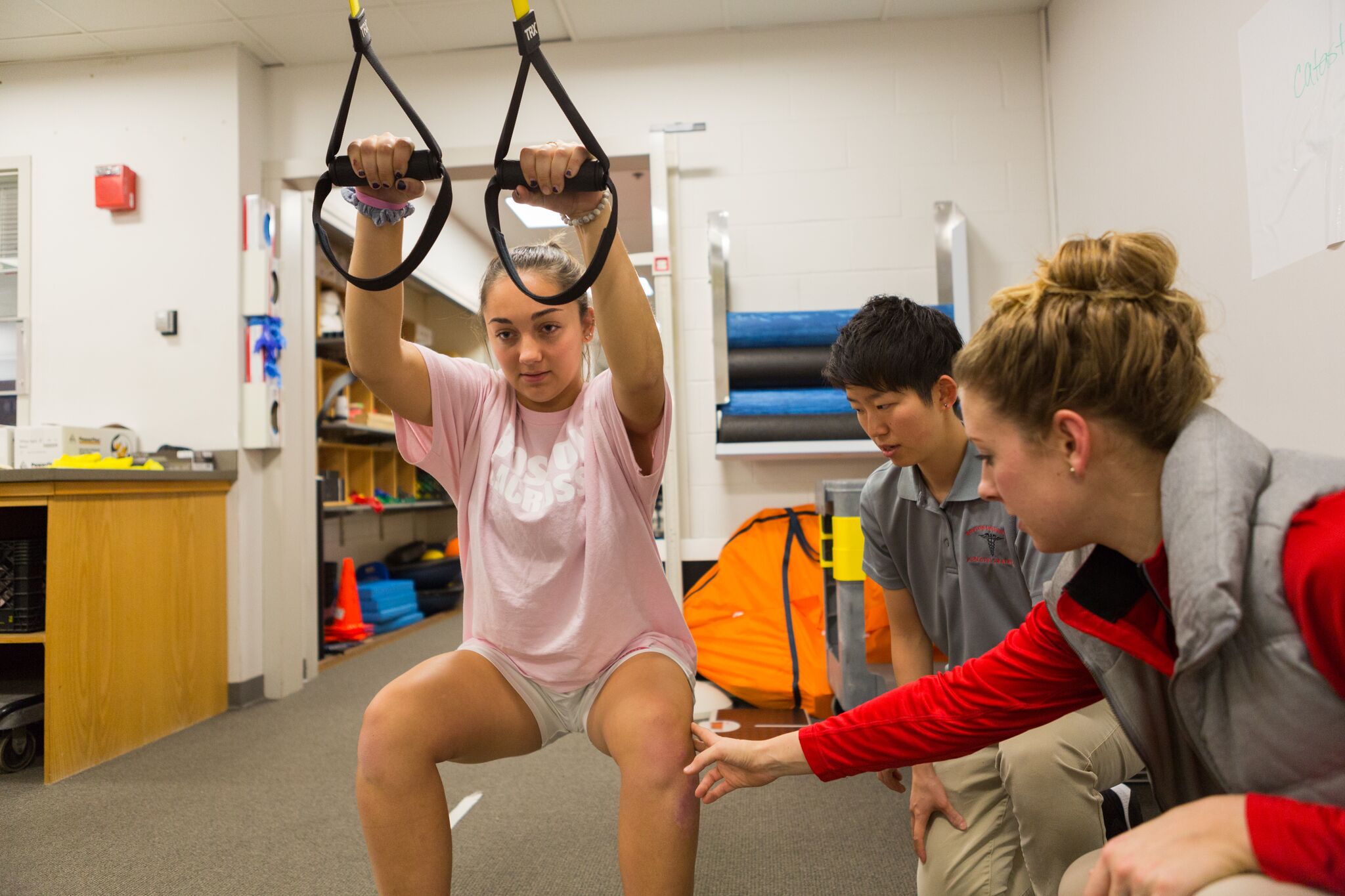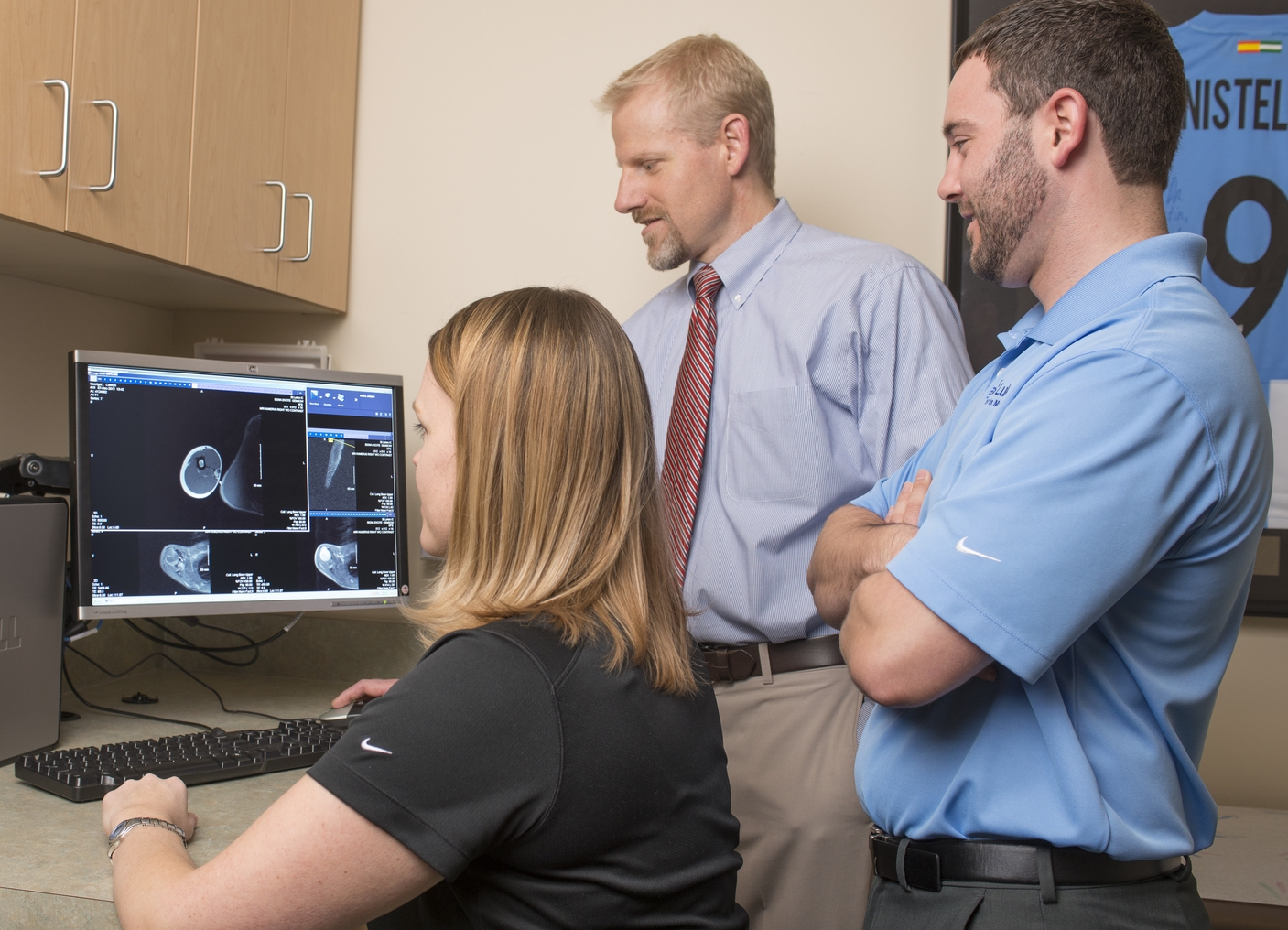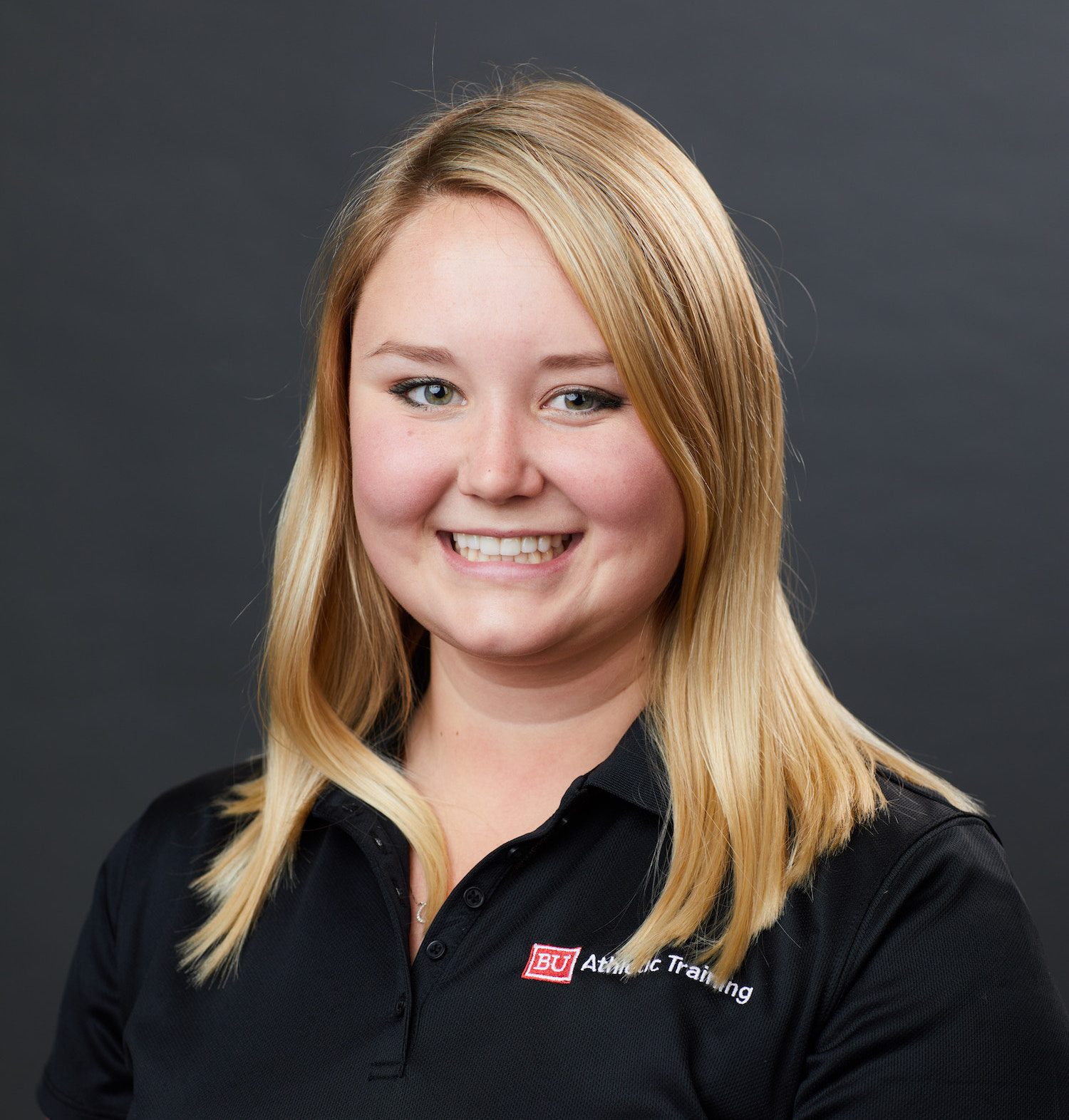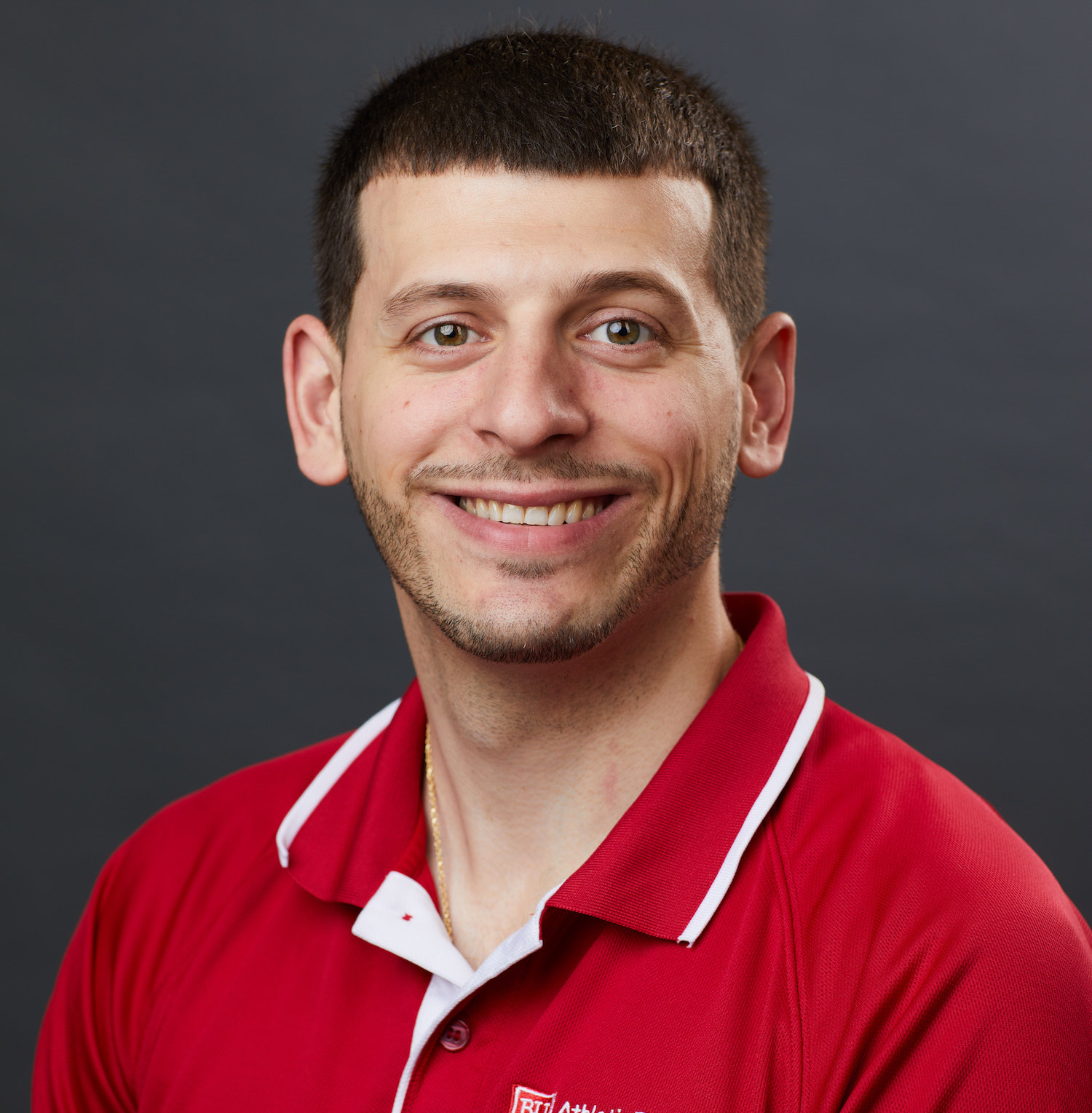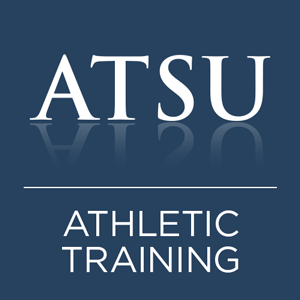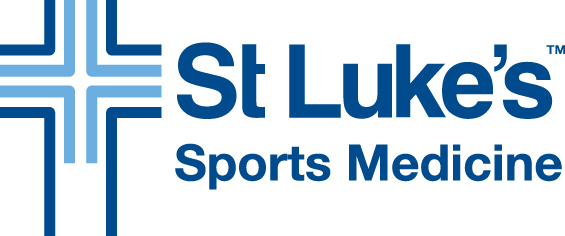Milestone Implementation
To date, the Athletic Training (AT) Milestones have been used to evaluate individual clinical behaviors within the Boston University and the St. Luke’s athletic training residency programs. Details are provided below from each of those programs regarding how they are currently using the AT Milestones to assess resident performance and progression. These illustrative cases are provided to help both professional degree program and residency program administrators determine how to best implement the AT Milestones into their comprehensive program evaluation plan. Additional information regarding milestones assessment is provided in the ‘Resources’ page.
The AT Milestones Project Team will continue to update this information and is actively seeking additional cases and testimonials to add to this site. Eventually, it is our hope to develop a community of program administrators, faculty, preceptors, and residents, working collaboratively to develop best practice recommendations for student and resident assessment using the AT Milestones.
We invite you to submit your implementation case or testimonial
Boston University Athletic Training Residency Program
"It became evident during development and analysis of our objectives and outcomes that I needed a more in-depth tool to measure all the intricacies of each of our residency programs. I felt we had a decent grasp on the content areas for each of our programs and how to assess those, however I felt that I wanted to go much deeper in order to appropriately assess depth and breadth of knowledge and skills in a more concise, consistent way. Additionally, the core competencies are integrated throughout each of our residency programs on a daily basis as well as in our didactic components, however I felt those also weren’t being measured in the best way possible.
We had developed a tool that we believed covered all aspects of our program, both in area of specialty and core competencies, but seemed to have trouble with agreement and consistency across our core faculty and preceptors in assessing each of our residents. We found we were having trouble defining criteria for scores and interpreting growth along the continuum differently depending on the grader. Thus, development of the Athletic Training (AT) Milestones began.
In this tool, we were able to target exactly what we were looking for across a continuum of learning, easily being able to define what criteria and thresholds were required to meet the standard of a Resident in terms of knowledge, skills, and expertise compared to other athletic trainers. We have found this tool to be extremely easy to use, in both efficiency and definition, that has resulted in consistency of self-assessment by our residents as well as with the grading between our entire core faculty. These AT Milestones have helped to drive change for individual resident growth as it provides clarity, as well as growth of our program to tailor the needs of each of our residents.
We currently use the AT Milestones at the beginning of our residency year to get a baseline measure of where the resident perceives they are at in order to clearly relay expectations as well as develop individual and programmatic goals for the resident. We then utilize the tool at mid-year, with both our residents and core faculty, to identify areas where they have achieved expectations of a resident, areas where growth and focus is required for the second half of the resident, and areas where they are on track to meet standards of graduation.Finally, we will use the AT Milestones as an assessment tool at the end of the resident experience to track overall growth of the resident from entrance to exit and help determine any change required within our comprehensive assessment plan to meet our mission and vision, programmatic goals, and to achieve excellence within our program in order to advance and promote growth and change in the profession."
Hollie Walusz
Director, Boston University Athletic Training Residency Programs
St. Luke's Athletic Training Residency Program
"Athletic Training (AT) Milestone Evaluations were incorporated in the St Luke’s Athletic Training Residency overall resident evaluation starting in the second trimester 2017. Historically we were able to use objective and subjective evaluation tools to gauge growth and knowledge for our AT residents. Objectively, we use a knowledge assessments test, identifying advanced orthopedic knowledge of our AT residents when they start the program. We will again assess their knowledge at the conclusion of the residency program. Subjectively, we use preceptor, self, and rotation evaluations, focusing on resident growth in orthopedics as well as meeting the core competencies set forth through the CAATE accreditation standards. These evaluation tools met CAATE standards allowing for St Luke’s Athletic Training Residency Accreditation in 2015. These evaluation tools continue to be used along with the recently implemented AT Milestones.
The AT Milestones were incorporated to help truly identify were the resident and learner is from the start to the completion of the residency program. This tool has been instrumental to identify areas of strengths and areas of additional contact requirements needed, related to each resident’s level of knowledge and competency. As a program, we can tailor the residents learning and goals specific to their needs and feedback form this tool. IOM and CAATE post professional core competencies are integrated throughout the AT Milestones. Language within each competency and sub-competency is easily readable, measurable, and more comprehensive to each resident than our previous evaluation tools alone. Not only are we measuring our athletic training residents growth and depth of knowledge within our clinical area of focus of orthopedics, we are able to measure our residents growth and depth of knowledge within the breadth of athletic training related to each of the core competencies.
The AT Milestone evaluations are completed at 3 separate times throughout the program. Initially at the beginning of the year (4-6 months in), the second evaluation is conducted mid-year, and finally at the end of the program, with one month remaining. We use 360 evaluation process, AT Milestones are completed by program preceptors, residency program director, and self-evaluation from the AT residents. Each evaluation allows us to guide didactic and educational programming, specific to each AT resident, seeking to achieve expectations consistent with the mission, vision, and goals of our Athletic Training Residency Program."
Forrest Q. Pecha
Director, St Luke’s Athletic Training Residency Program
Testimonials
|
“As a resident, it is hard to conceptualize all of the material that has been covered as part of your residency, and it is even harder to highlight the specific areas of opportunity to focus on as points of growth as you move forward throughout the year. The milestones, however, break both of these down into very detailed summaries – what you have been introduced to, and what you need to focus on the most to become a content area expert, making it very black and white. The milestones are very simple to complete and provide a concrete grading scale that accurately illuminates the growth needed to take your practice to the next level. Overall the use of the milestones has helped me to better summarize both the strengths and weaknesses of my clinical practice, and they have helped me to focus on specific skill sets so that I am able to become a specialist in my content area in the field of athletic training.” Kristina Green |
 |
“As a preceptor I found the milestone beneficial, it helped me expand my evaluation of the resident. It made me evaluate the whole resident not just specific competencies and skills. I feel this allows us, as preceptors, to better the resident as a clinician and practitioner. I also feel this will make the resident’s more aware and help them to better reflect on their own growth.” JJ Wetherington |
|
“The introduction of the milestones has both strengthened and streamlined the assessment process of our residency at Boston University. The tool is designed in a way that clearly defines what is required of a resident to achieve each tier of achievement and development. This structure provides the resident with specific objectives to focus on to drive professional growth and specialization. Consistency of grading amongst faculty members is enhanced due to the explicit nature of the tool and the depth it delves into. I have had a much easier time assessing residents when using this tool due to the specific criteria provided for each tier.” Nick Pfeifer |
